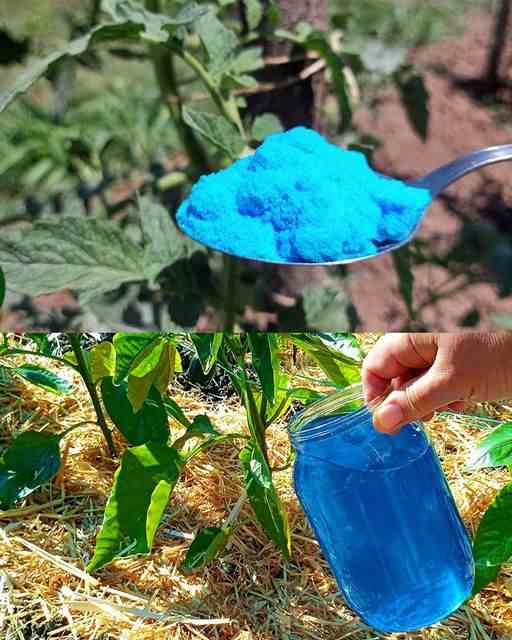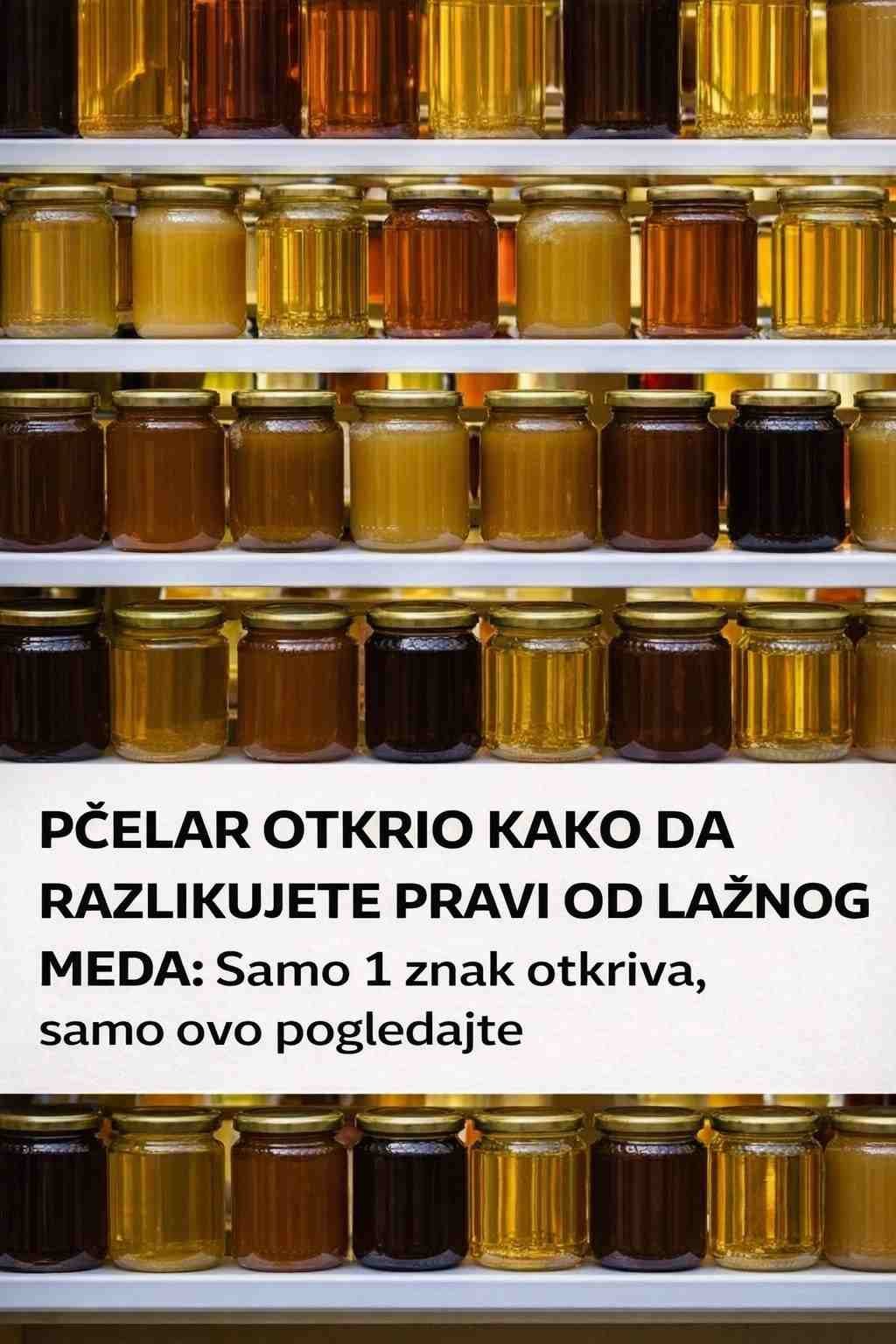Gardening enthusiasts know that as summer temperatures soar to around 30 degrees Celsius, plants generally remain robust against fungal diseases. However, when rain brings increased humidity and cooler air temperatures, conditions become ideal for fungal infections. Tomatoes and grapes are particularly sensitive to these diseases, especially late blight, but other plants can be affected too. To protect your plants from these threats, spraying with appropriate treatments is essential. Here are some organic solutions that are both effective and safe.
Understanding Fungal Diseases in Plants
Fungal diseases thrive in specific environmental conditions. High humidity and cooler temperatures are perfect for the growth and spread of fungi. While some plants are more resistant, tomatoes and grapes are highly susceptible to late blight and other fungal infections. To maintain healthy crops, it is crucial to implement preventive measures and treatments that comply with organic farming standards.
Effective Organic Treatments
Copper Sulfate (Blue Stone)
Copper sulfate is a highly effective treatment against late blight and has been used for centuries, particularly for protecting grapevines, vegetables, and fruits. It is often used to prepare Bordeaux mixture by combining it with lime. However, copper sulfate is toxic and has a waiting period – the time that must elapse from treatment to the safe consumption of the treated produce.
Why Copper Sulfate is Permitted in Organic Farming:
- Copper sulfate does not penetrate the fruit but remains on the surface, providing protection.
- Its use is regulated, with specific waiting periods: 14 days for tomatoes, 21 days for table grapes, and 28 days for wine grapes. This means it should only be sprayed before the fruits start ripening.
Precautions:
- Copper sulfate can potentially contaminate water and soil and may be harmful to humans and animals. It is crucial to follow application instructions carefully to ensure safe use.
Safe Treatments with No Waiting Period
For periods of fruit ripening and harvest, when chemical treatments are not advisable, there are safer alternatives that can be used without any waiting period.
Baking Soda and Milk
Baking Soda:
- Baking soda is a gentle yet effective treatment against fungal diseases. It helps in creating an alkaline environment on the plant surface, which inhibits fungal growth.
Milk:
- Milk acts as a natural fungicide due to its antifungal properties. When sprayed on plants, it creates a protective layer that helps prevent fungal infections.
Application Recommendations:
- These treatments should be applied more frequently than chemical treatments, ideally once a week.
- Since they have no waiting period, fruits can be harvested and consumed immediately after spraying.
Practical Tips for Using Organic Treatments
Regular Monitoring:
- Keep a close eye on your plants, especially during periods of high humidity and cool temperatures. Early detection of fungal diseases allows for prompt treatment.
Application Timing:
- Apply copper sulfate well before the fruits start ripening to ensure the waiting period is respected.
- Use baking soda and milk treatments weekly during the ripening phase to maintain continuous protection.
Follow Instructions:
- Adhere strictly to the instructions provided for any treatment, particularly for copper sulfate, to minimize risks to health and the environment.
Community Experience:
- Engage with fellow gardeners and organic farmers. Sharing experiences and solutions can provide valuable insights and improve your approach to managing plant health.
Protecting your plants from fungal diseases is crucial for a successful harvest. By using safe and effective organic treatments like copper sulfate, baking soda, and milk, you can maintain healthy crops without compromising on safety. Regular application and vigilant monitoring are key to preventing and managing fungal infections in your garden.


